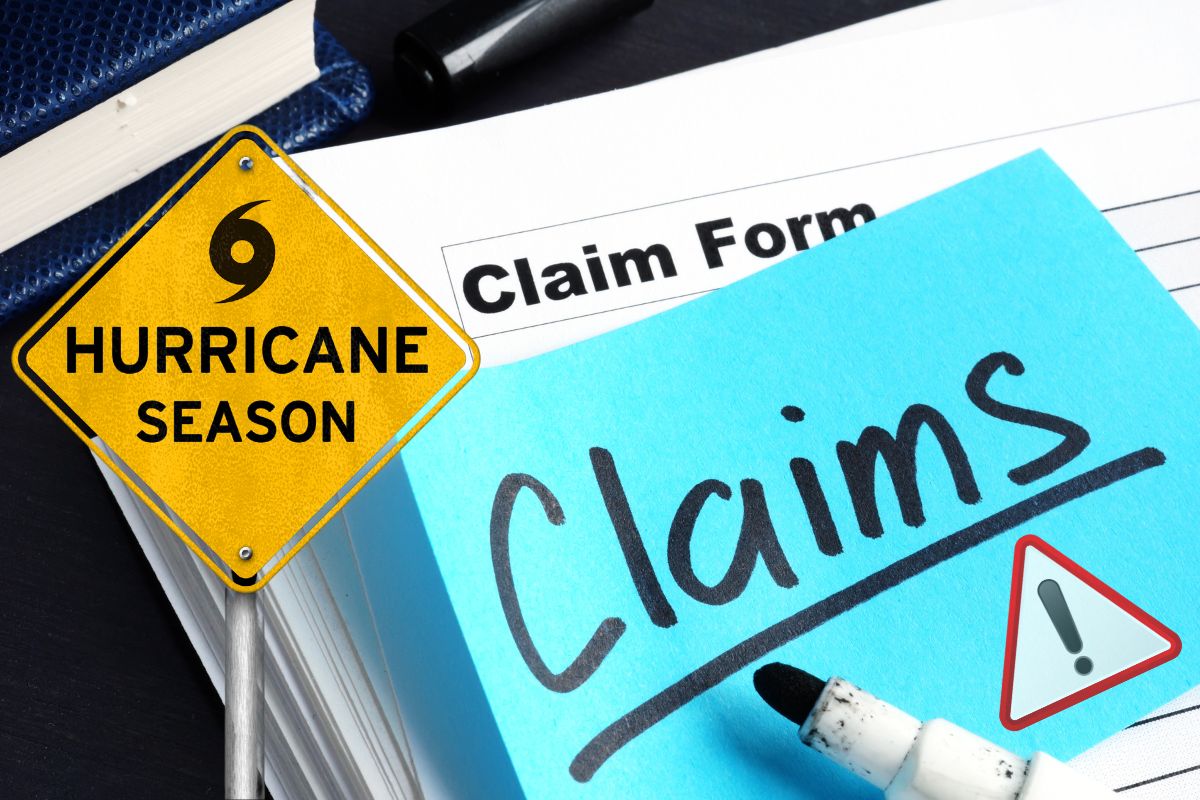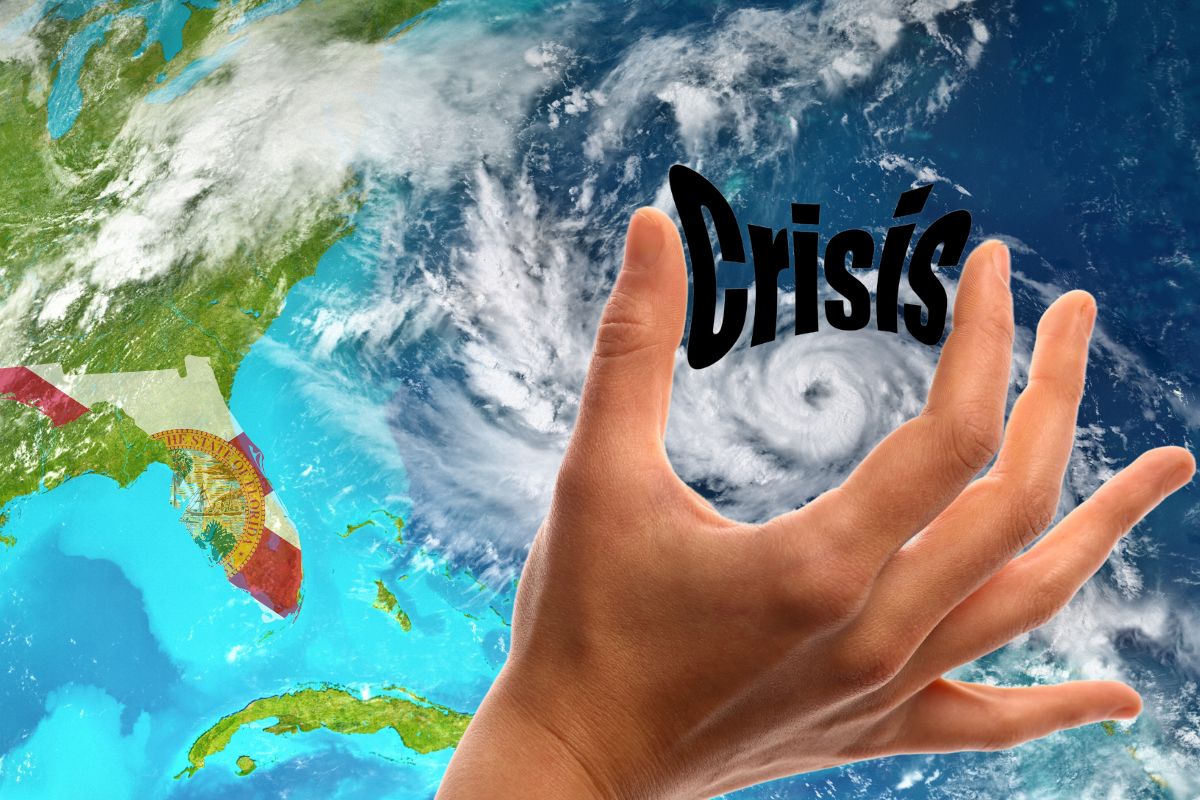Florida Homeowners Brace for Busy Hurricane Season Amid Skyrocketing Insurance Rates
Florida homeowners, already bearing insurance rates that nearly triple the national average, now face the grim prospect of an “explosive” hurricane season, casting shadows on the financial resilience of the state’s insurer of last resort.
With home insurance premiums in the Sunshine State escalating to an average of $6,000 a year—a stark contrast to the national average of approximately $1,700—Governor Ron DeSantis has called the state-run Citizens Property Insurance Corp. “not solvent,” sparking concerns over its potential inability to cope with catastrophic storm claims.
The insurance turmoil in Florida is multifaceted, deeply entwined with the state’s propensity for devastating hurricanes. Beyond the environmental risks, regulatory complexities and financial challenges stir a potent cocktail that often leaves homeowners facing staggering premiums or, worse, without coverage at all.
Florida’s Multifaceted Insurance Quagmire Amid Environmental and Regulatory Storms
“Citizens Property Insurance was established as a safety net for Floridians,” DeSantis remarked during a recent press conference. “And yet here we are, questioning if it can withstand the very conditions it was created for. This is worrying.”

The alarm sounded by the governor resonates at the national level. U.S. Senator Sheldon Whitehouse has requested thorough financial disclosures from Citizens, a move prompted by the urgency of DeSantis’s comments. The senator’s inquiries expose the far-reaching consequences that a faltering Florida insurance market may have on federal resources and economic stability at large.
“The impact of the insurance crisis in our state isn’t confined to the premiums homeowners pay,” said Whitehouse. “It has the potential to ripple outward, affecting all American taxpayers.”
Legislative Efforts and Financial Assurances Amid Predictions of Turbulence
In response to these alarming developments, state legislators have tirelessly worked on insurance market reform. While these endeavors are laudable, Florida residents have yet to see relief. The predicament is compounded by predictions of a notably turbulent hurricane season, which highlights the need for robust solutions to shield vulnerable homeowners and safeguard the state’s economic well-being.
Amid this climate of uncertainty, Tim Cerio, CEO of Citizens, stands by the organization’s fiscal health. Addressing the growing disquiet, he stated, “Our financial preparedness is stronger than suggested. In the unlikely event that we exhaust our reserves, state law provides for a recovery mechanism that does not involve federal aid.”
The Potential for Surcharges and the Deepening Concerns of Florida’s Homeowners
According to Cerio’s statement, Floridian homeowners could face additional surcharges levied across the state should the insurer’s funds be depleted—a stark reminder of the interconnected nature of insurance economics voiced by Jake Holehouse, president of HH Insurance.
For many Floridians, the reality of an unstable insurance market is a daily struggle. “We expect support when we need it most,” shared a Miami homeowner. “If a storm hits, is a reduction in our safety net really the response we’ll see?”
Florida stands at a crossroads where the robustness of its insurance sector and the well-being of its residents are placed under the microscope. In the wake of Governor DeSantis‘s dire warnings and as the hurricane clouds loom closer, the urgency for a sustainable solution has never been more critical. Further scrutiny and decisive action will determine how the state and its citizens weather the impending storms.

